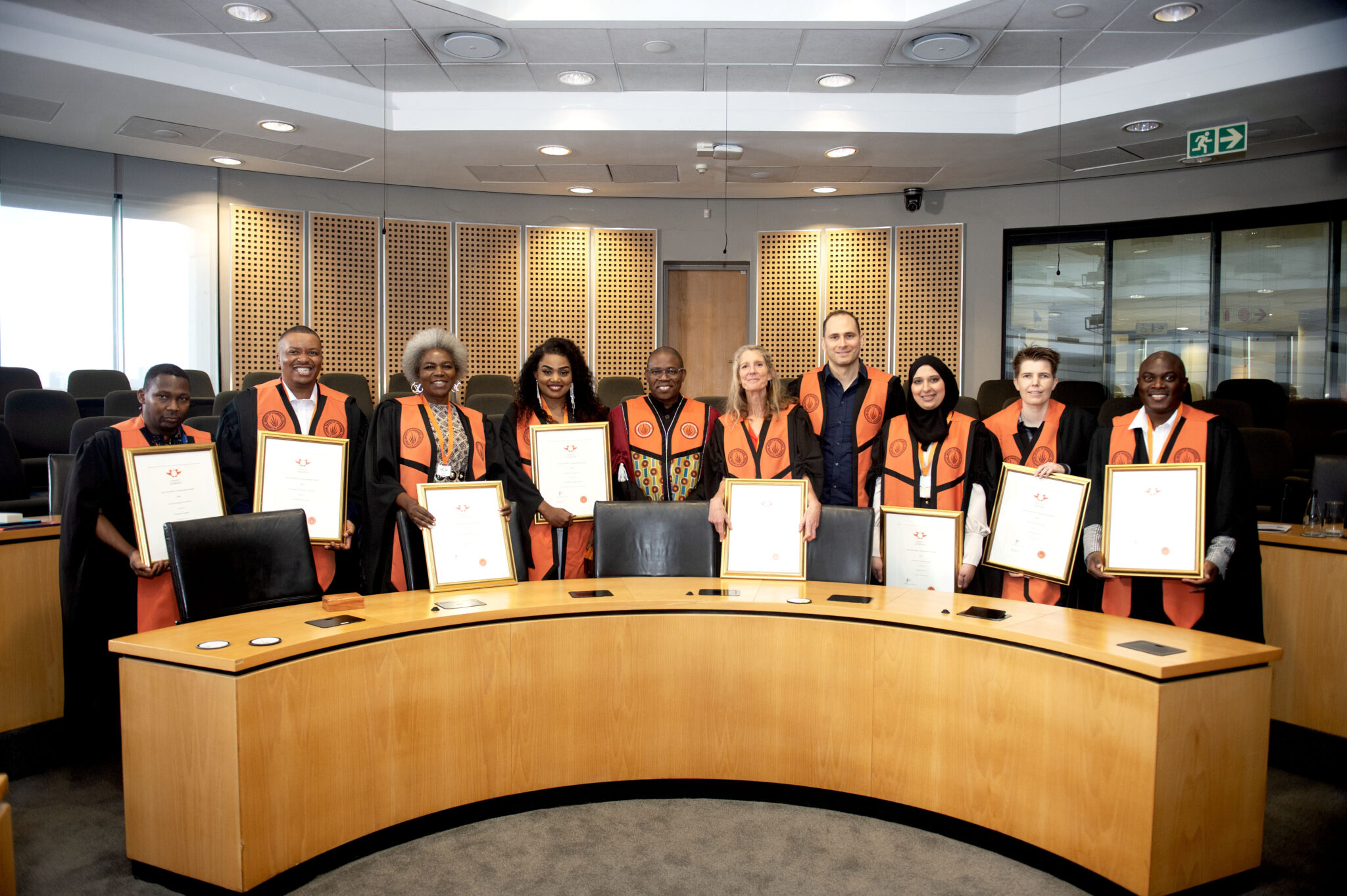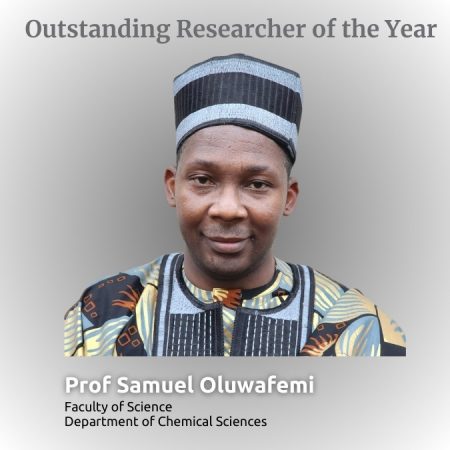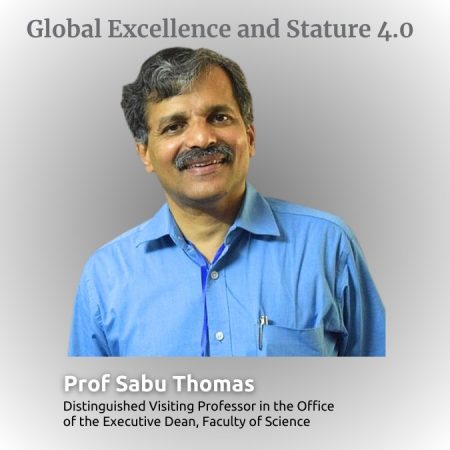The University of Johannesburg’s (UJ) Vice-Chancellor and Principal Professor Letlhokwa Mpedi honoured some of the institution’s top performers in the Vice-Chancellor’s Distinguished Awards for Teaching, Research, Innovation and Service.
The hybrid ceremony, held on Wednesday, 22 November 2023, at the Ubuntu Chambers on the Auckland Park Kingsway Campus, recognised eleven exceptional contributors from diverse faculties and support staff for their exemplary efforts throughout the year.
All the awardees here.
The video of the event here.





